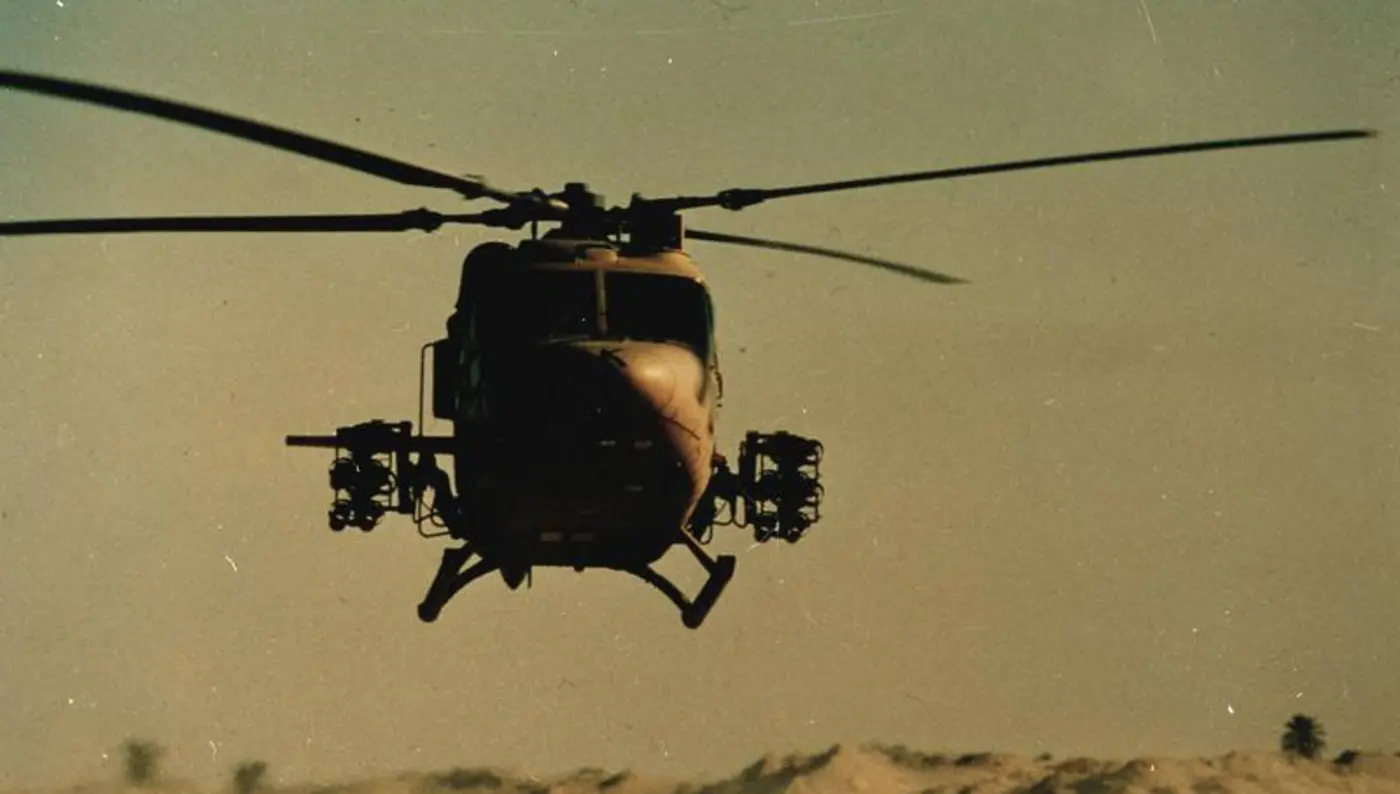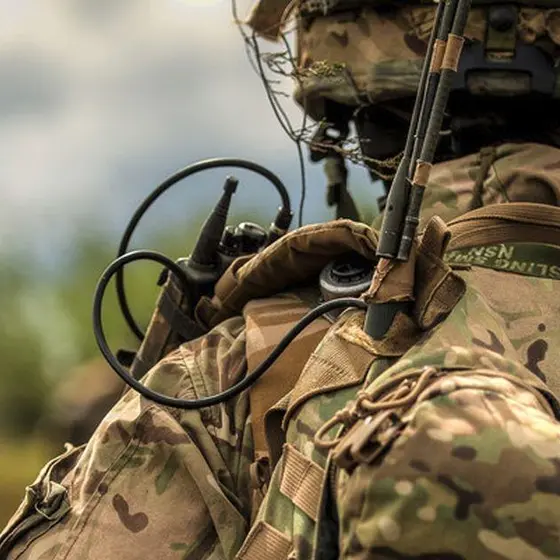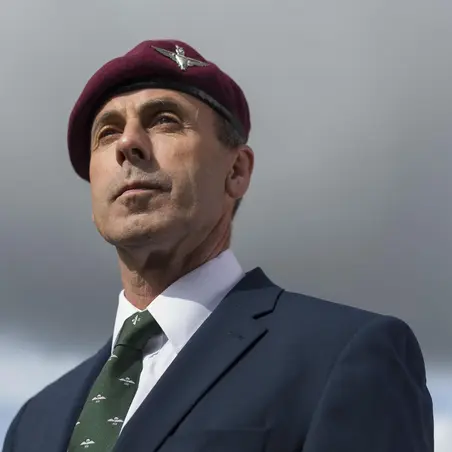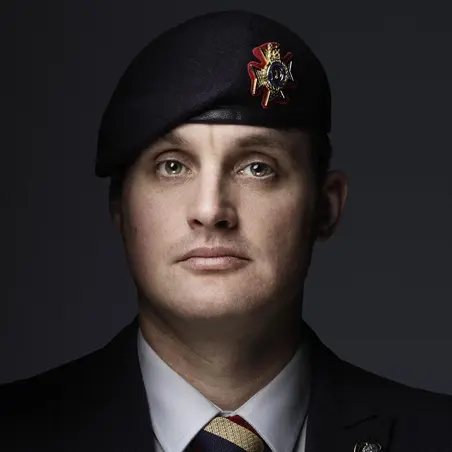Shortly after the end of the Gulf War in 1990-91, veterans of the conflict began to report similar health issues when they returned home.
Initially, reports emerged from the United States that Gulf War veterans were developing unusual illnesses. These were followed by similar reports from the UK, Denmark, Canada and Australia in 1993.
In all these cases, previously fit veterans had developed unusual diseases, illnesses and symptoms.
Some of the symptoms included; chronic fatigue, hypertension, muscle pain, cognitive problems, reduced coordination, rashes, diarrhoea, skin conditions and Post Traumatic Stress Disorder (PTSD).

Whilst these symptoms had already occurred within the Armed Forces and the wider population, what was unusual about ill Gulf War veterans was that they experienced more of these symptoms than expected, and at a much greater intensity.
Tests and assessments were carried out on UK veterans in the mid-1990s, by the UK Government and scientists at King’s College London, but these failed to identify any physical differences from other ‘common’ cases, or a pattern of symptoms to indicate a new condition.
However the suffering of veterans from the Gulf War was undeniable and subsequent research in 2009 found veterans were two to three times more likely to report symptoms compared to other veterans. They were also twice as likely to report PTSD and a poorer quality of life.
Ian’s story
No one cause has been identified but it has been alleged that a range of different exposures to chemical, biological or radiological hazards and medical countermeasures intended to protect service personnel were possible causes of the symptoms.
When troops were deployed against Iraqi forces in 1991 Saddam Hussein had used chemical weapons in Iraq-Iran war in 1988 with horrific effect. The threat of a similar attack hung over the coalition in 1990-1991 and as a result most troops were given a range of precautionary medicines and substances.
.jpg?sfvrsn=6d458563_0&method=CropCropArguments&width=680&height=384&Signature=5E8B4DED50AA49EBDAB689A7375A0C2BB9A5D817)
Veterans with Gulf War illnesses are generally treated for their individual symptoms rather than the ‘condition’ itself, and to date, there has been little meaningful research published in the UK concerning how to effectively treat or what would be considered ‘best practice’ for improving symptoms.
The lack of understanding about how best to treat ill Gulf War veterans has left many living with debilitating conditions for almost 30 years, and it has been suggested that as many as 33,000 UK Gulf War veterans could potentially be living with illnesses connected to their service.
Our campaign
For over 20 years the Legion has supported Gulf War veterans, and worked on policy issues concerning ill Gulf War veterans.
In 2004, we set up our own enquiry on Gulf War Illnesses, led by Lord Lloyd of Berwick, a retired law lord. And in 2007, we produced a comprehensive report entitled Legacy of Suspicion, which made a number of observations and recommendations about research and compensation.
We continue to campaign for better treatment for ill Gulf War veterans. In our 2019 Manifesto, we called on the Government to invest in research that will improve the support veterans of the Gulf War receive and raise awareness of their ongoing specific health needs.
We also want formal communication channels to be set up to show the results of US research developments to Gulf War veterans living here in the UK.
You can help us to make a change for Gulf War veterans by letting your local MP know that you care about this issue.







